At Riwald, we offer a comprehensive range of recycling services to meet the diverse needs of our customers:
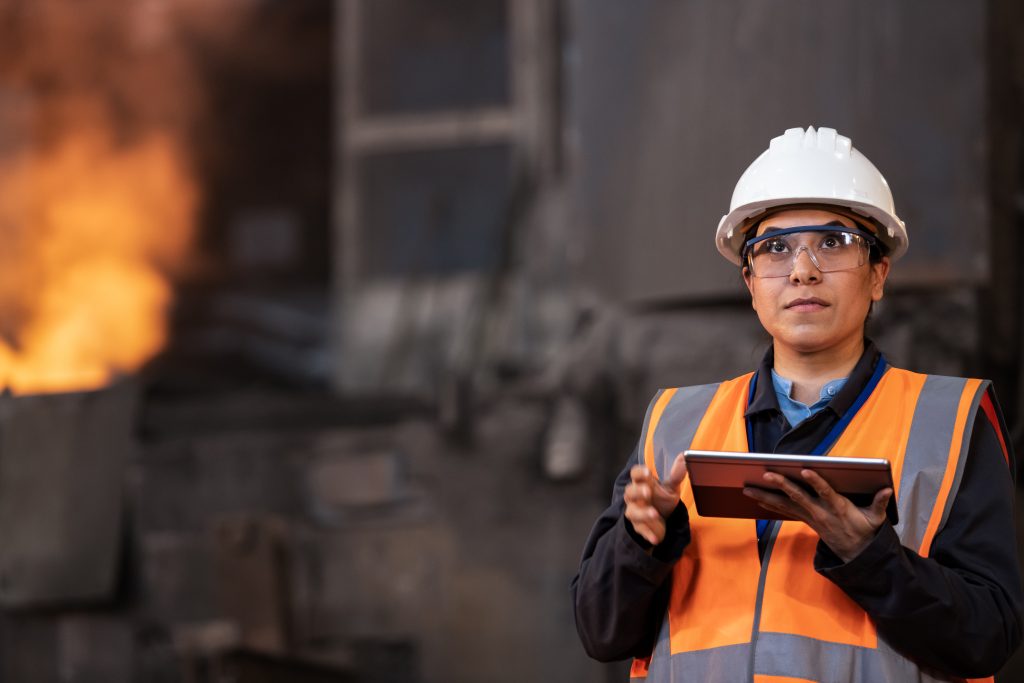
Leveraging advanced technologies, we process and recycle various types of metal waste from industrial, commercial, and domestic sources.

We provide efficient container services for the collection and transportation of metal scrap from your location.
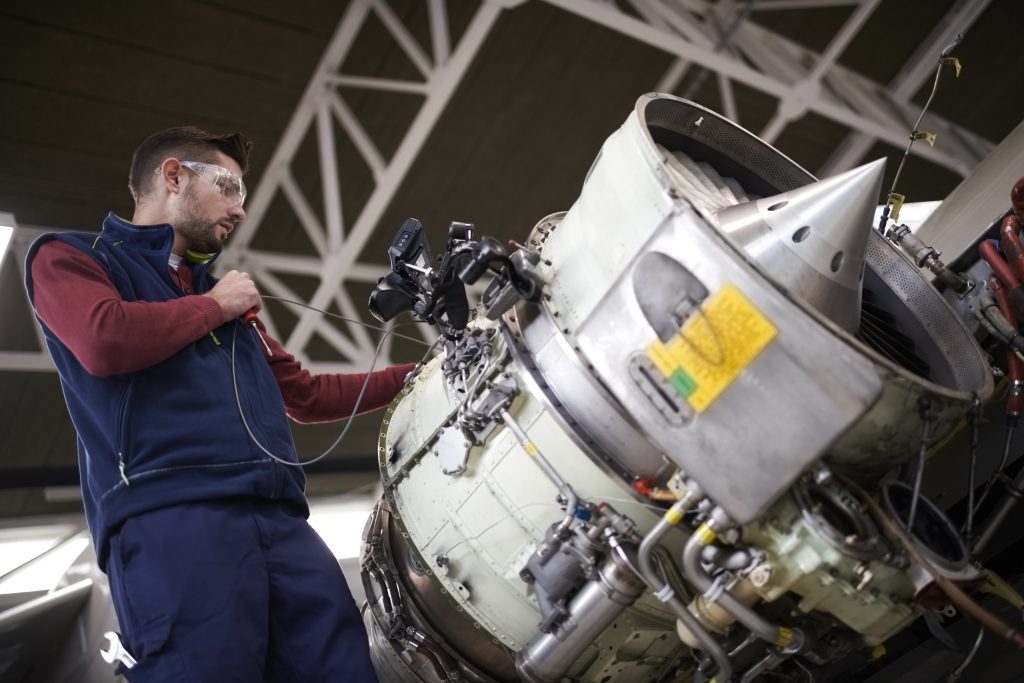
Our skilled team can handle the disassembly and recycling of large structures, such as machinery and equipment.

We ensure responsible and secure product destruction, safeguarding your brand and protecting the environment.
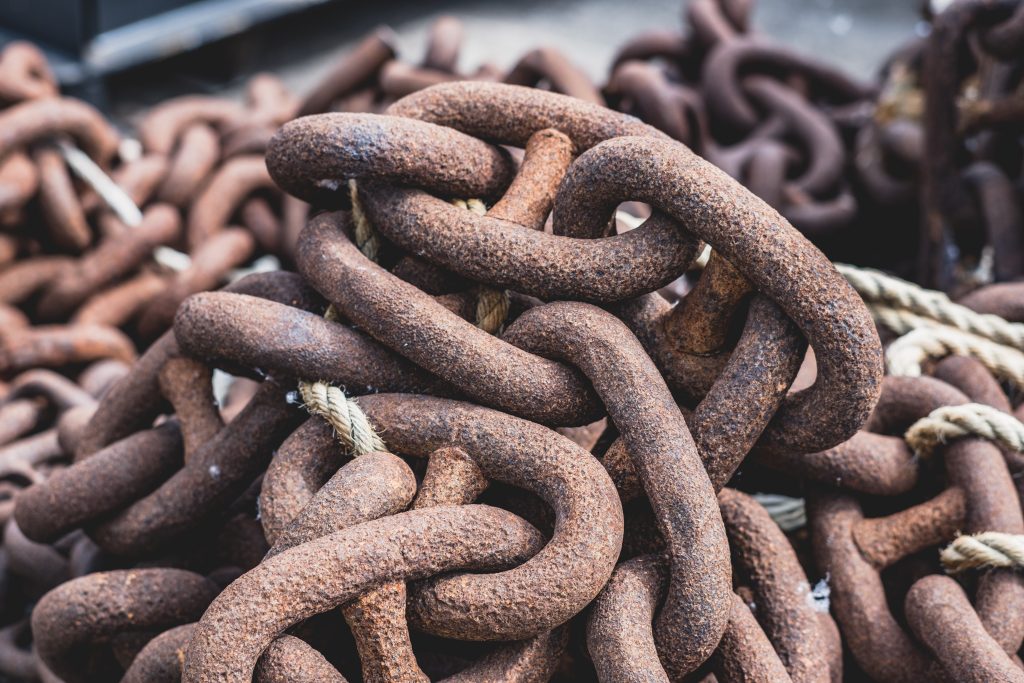
Riwald also handles marine-related products, such as new and used anchor chain, shackles, and used wire rope, promoting sustainable practices in the maritime industry.
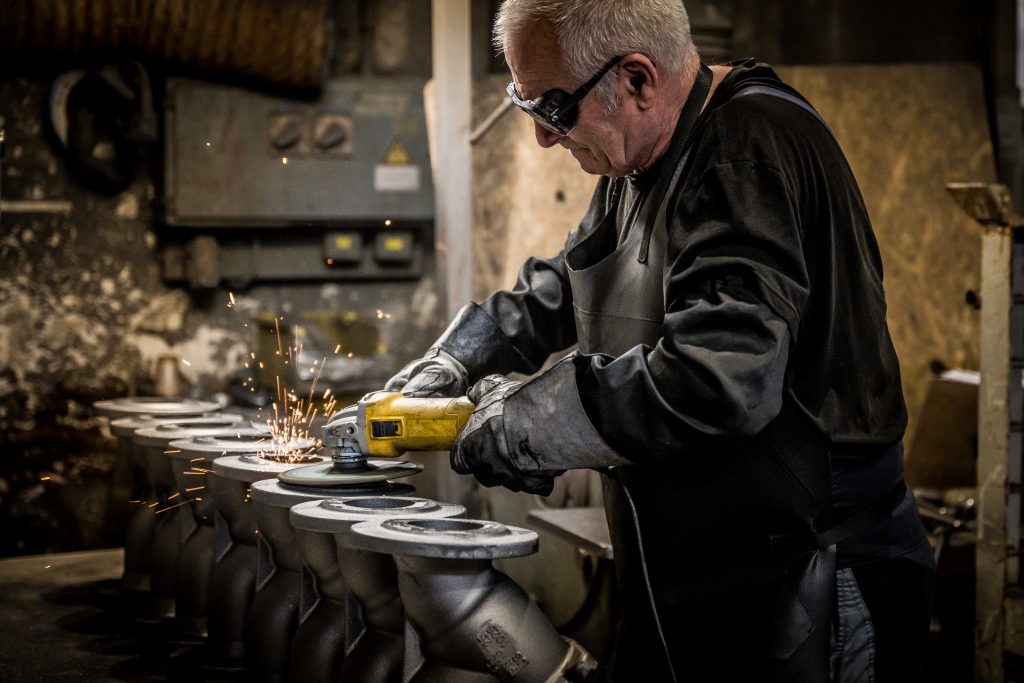
Through our expertise in recycling, we create bespoke steel products by reusing industrial and domestic scrap metal, reducing the impact on natural resources.
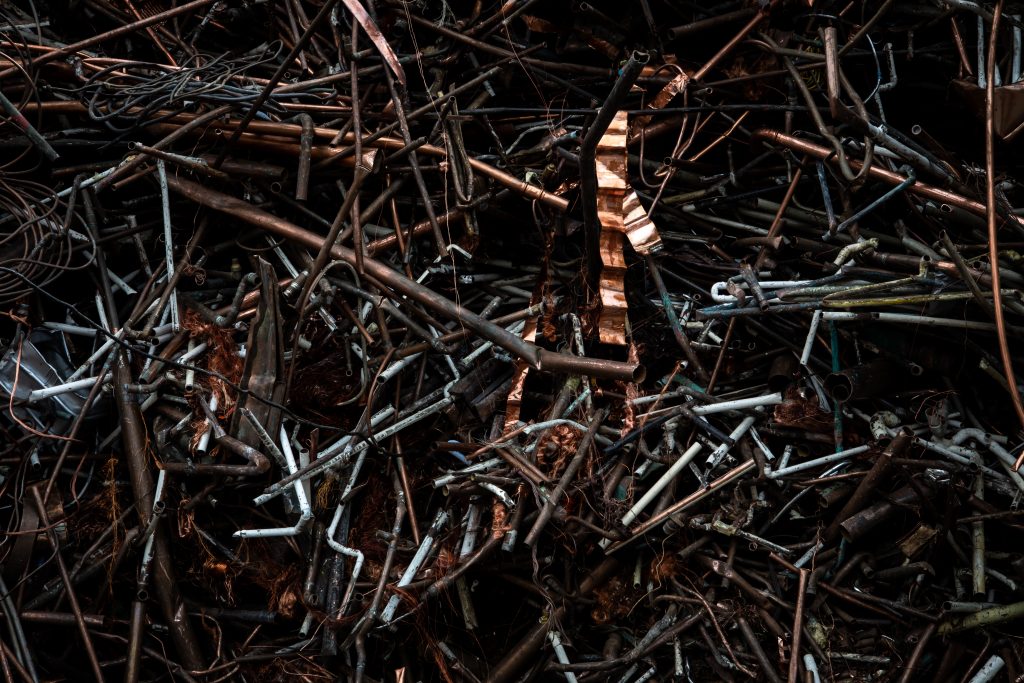
Our yards in different locations work to service local communities, providing reliable recycling solutions for domestic scrap metal.
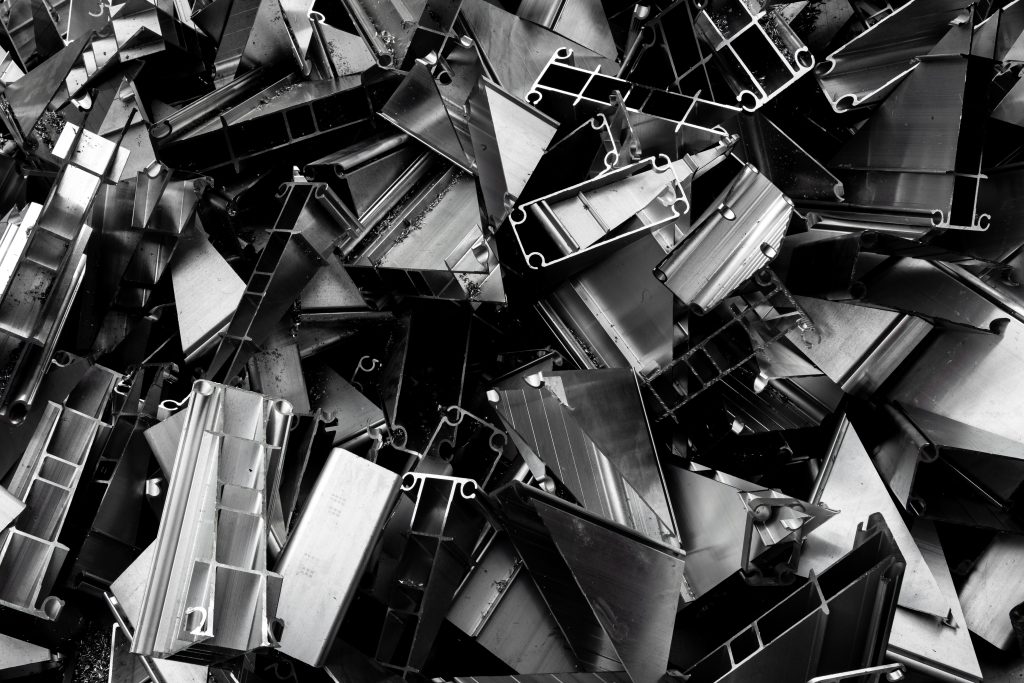
We specialise in recycling all types of scrap metal from large or small-scale industrial sites.
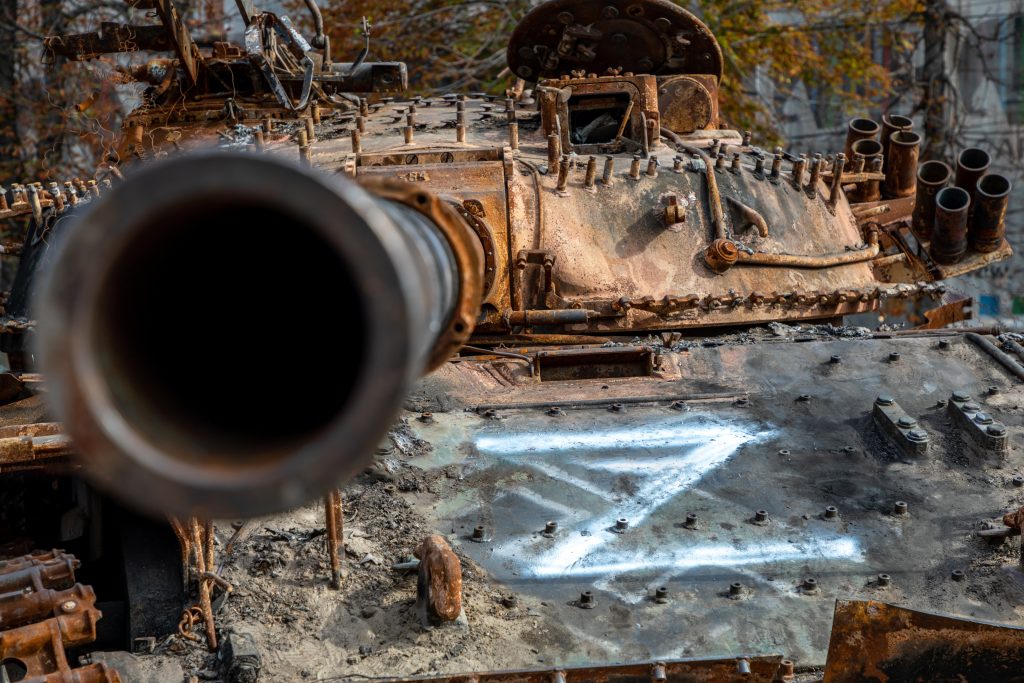
We are experts in destroying obsolete military hardware. From safe handling to the use of high-tech machinery that ensures these materials can never be used again.
Including iron and steel, which are essential components of construction, manufacturing, and transportation industries.
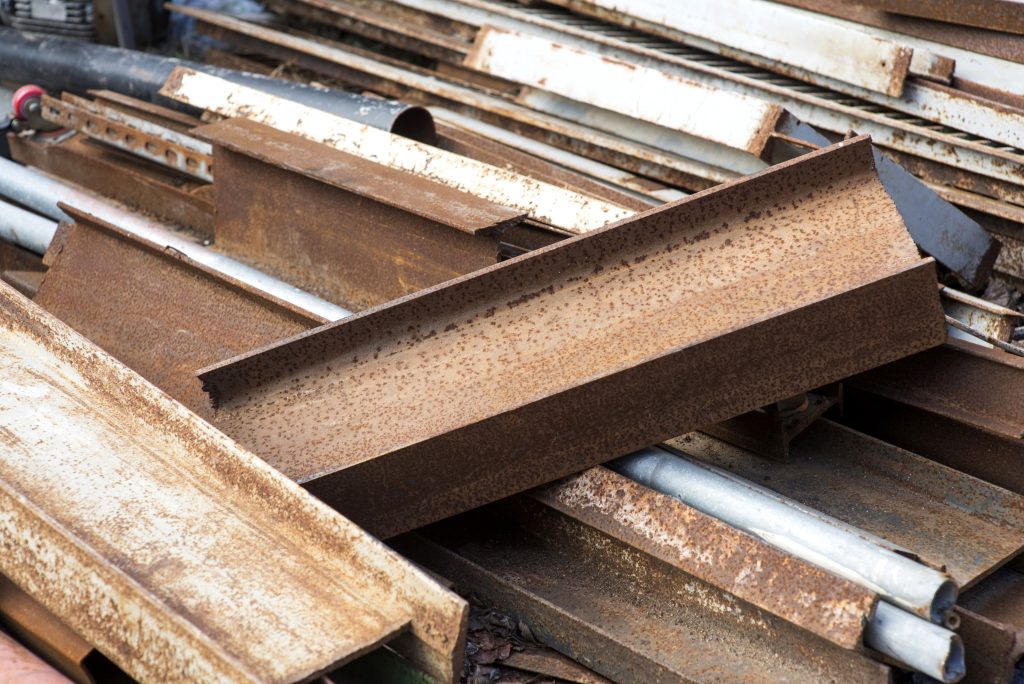
Specialists in the following types: iron beam long, iron beam short and iron beam galvanized.
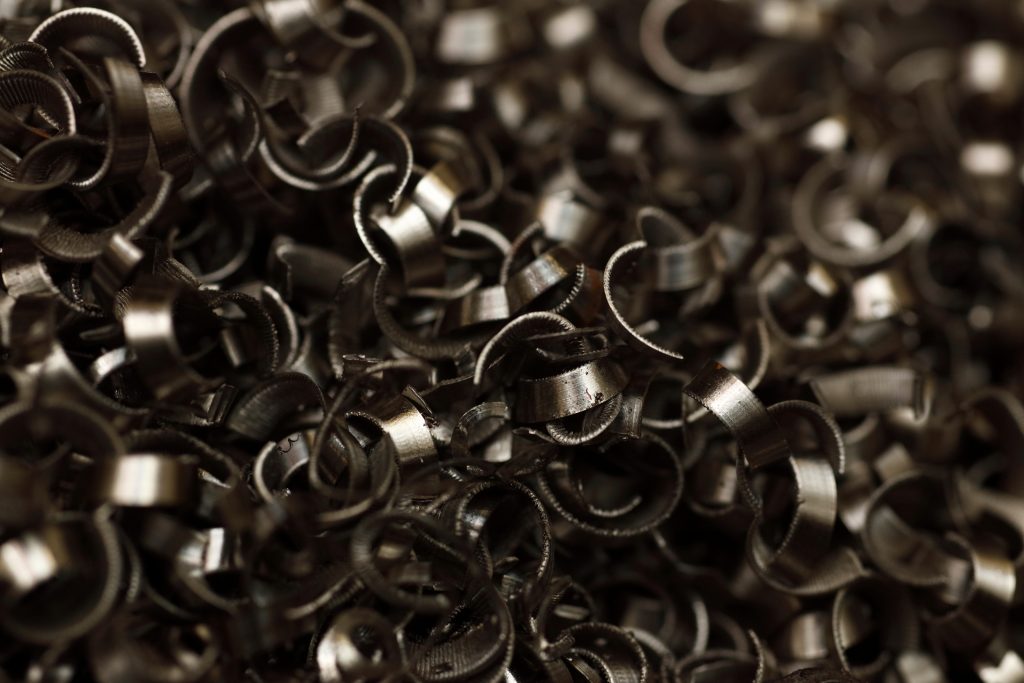
Iron turnings is a product that usually results from production processes, such as when machining or drilling metals. This is a clean product.
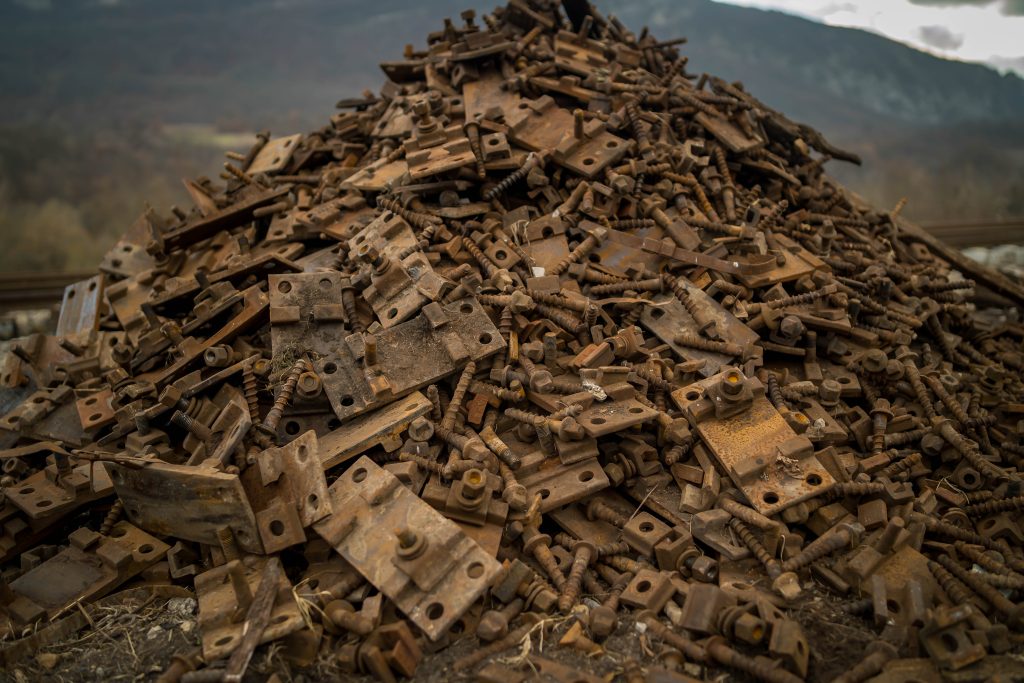
Specialists in the following types: grit, new grit (short and long) and new yard (short and long).
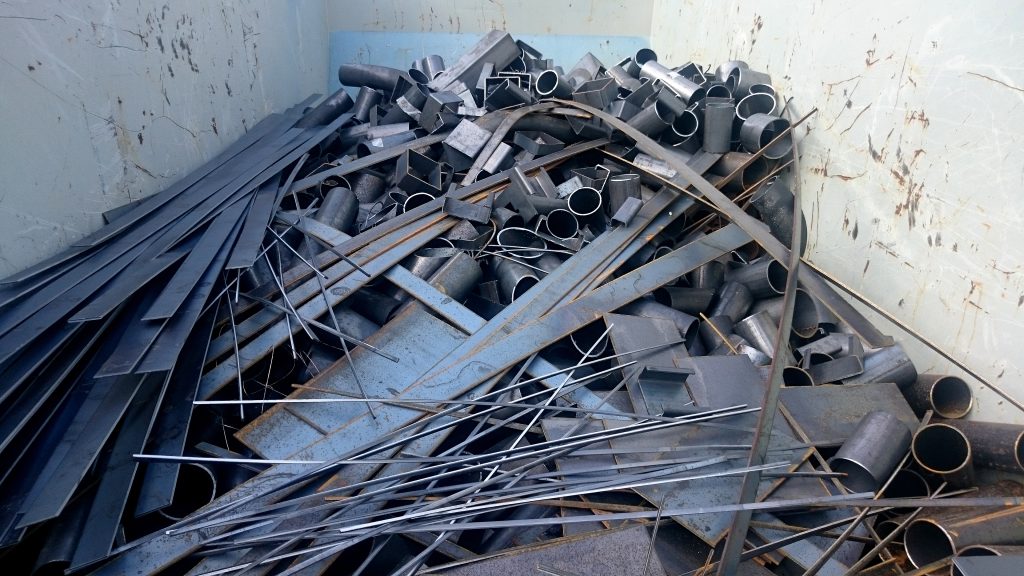
Specialists in the following types: HMS 1 and HMS 1/2. HMS 1/2 has a thickness of 3 – 6 mm and HMS 1 has a thickness of > 6 mm.
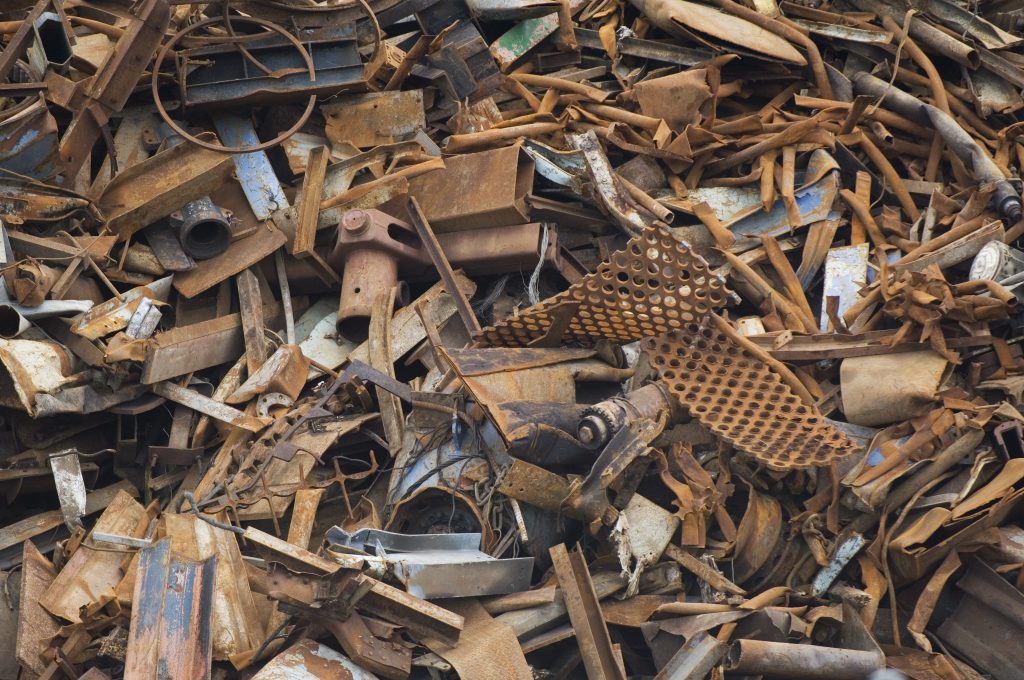
There are different types of cutting iron. Thickness determines the quality of the iron type. Cut iron includes scrap iron or scrap metal.
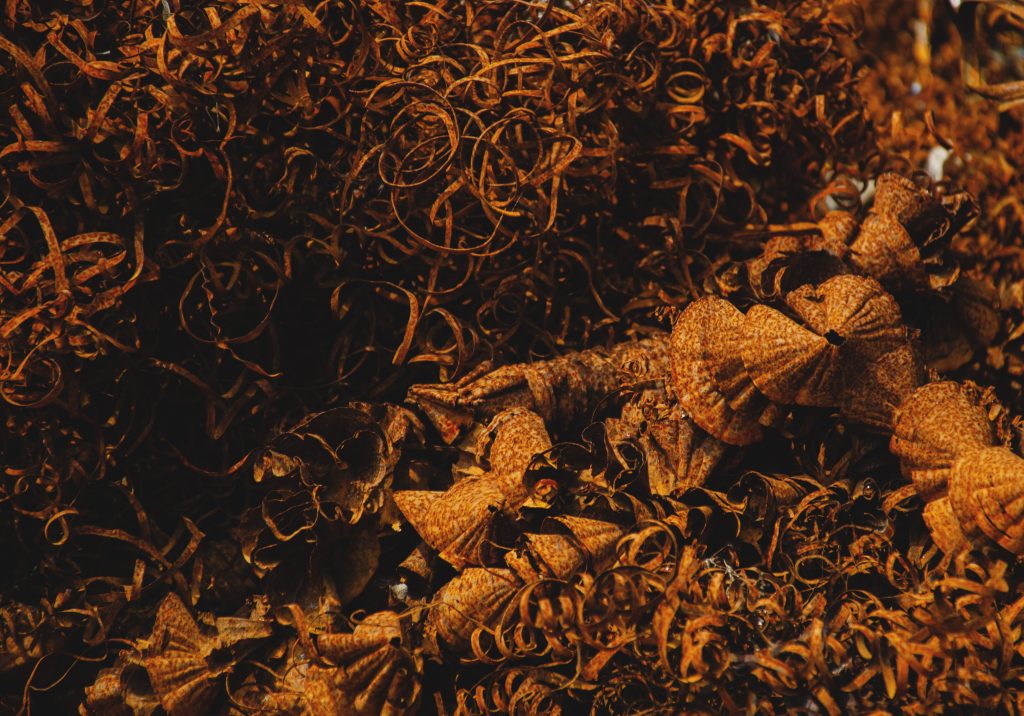
Incineration scrap is created after incineration processes. Riwald Recyling processes, among other things, Twence’s incineration scrap.
Such as aluminium, copper, and brass, with applications in various sectors including electronics and renewable energy.
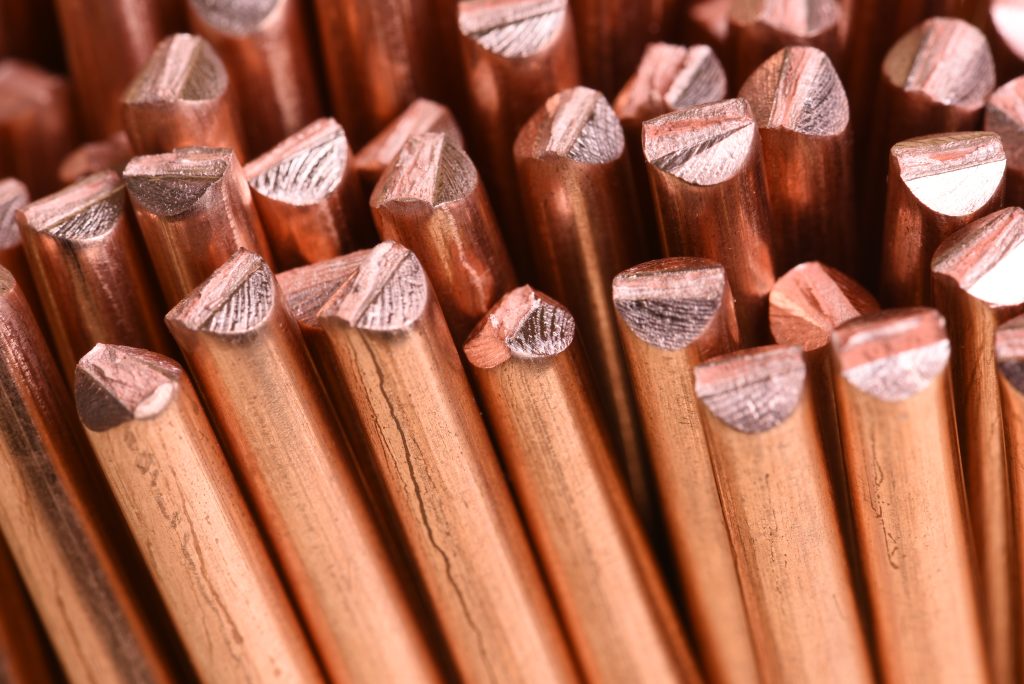
Copper is a red/yellow coloured metal. This metal is flexible, easy to form, durable and has a high conductivity.
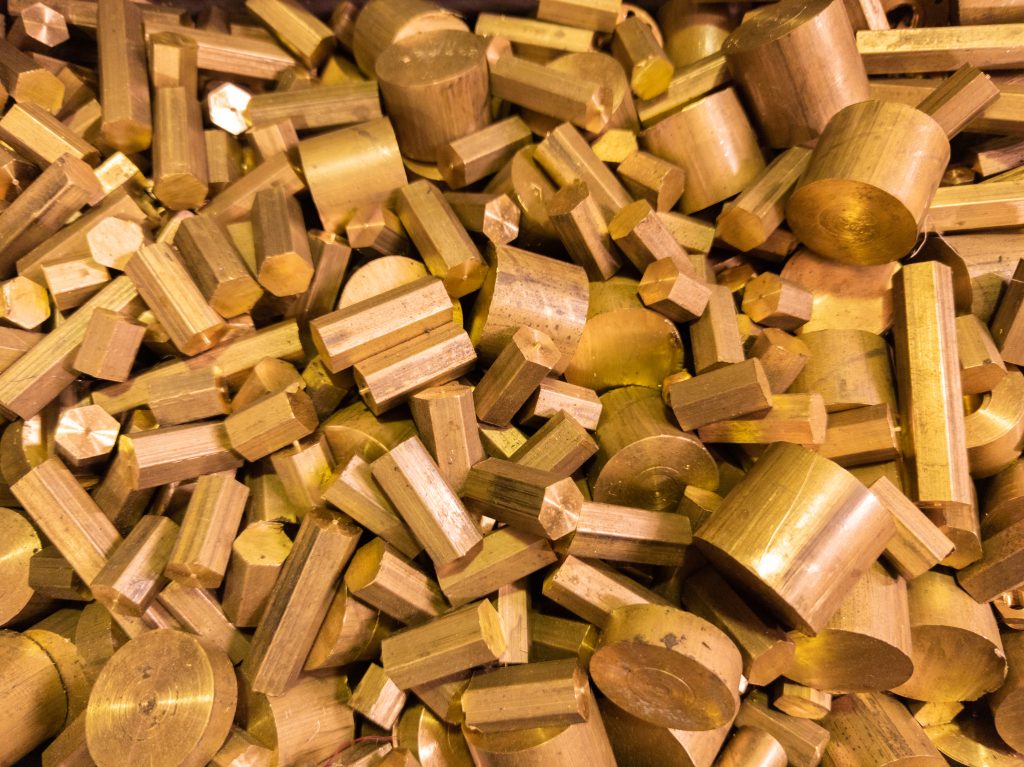
Bronze is an alloy of copper and tin. The addition of tin (about 10 to 30%) makes bronze harder and less flexible than copper.
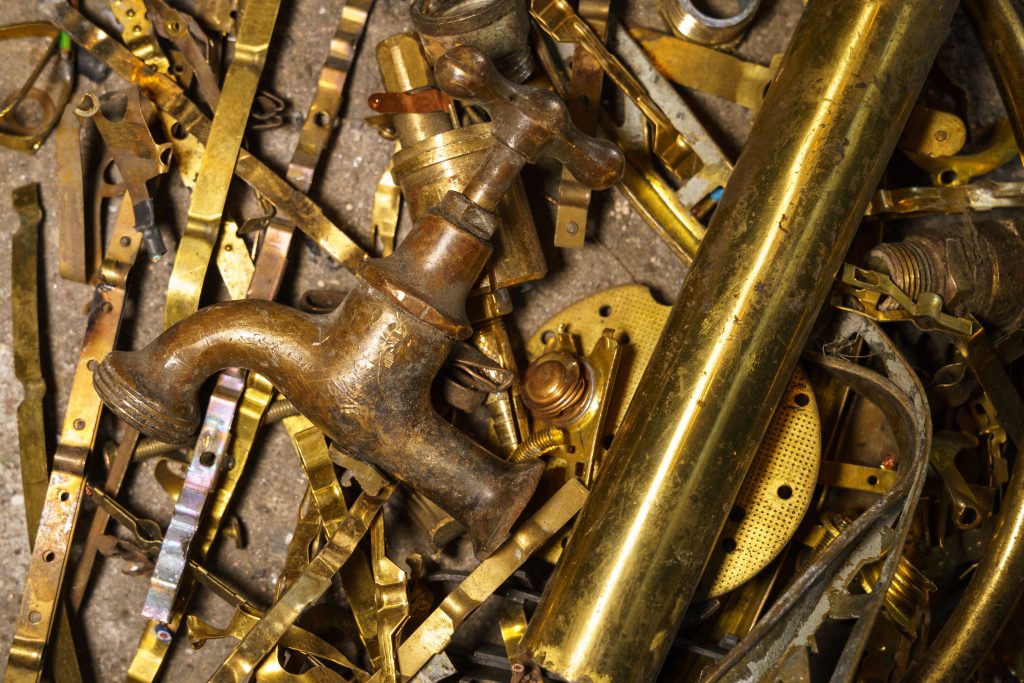
Brass is an alloy of copper and zinc. Brass is particularly durable. It is a hard metal, yet very workable.
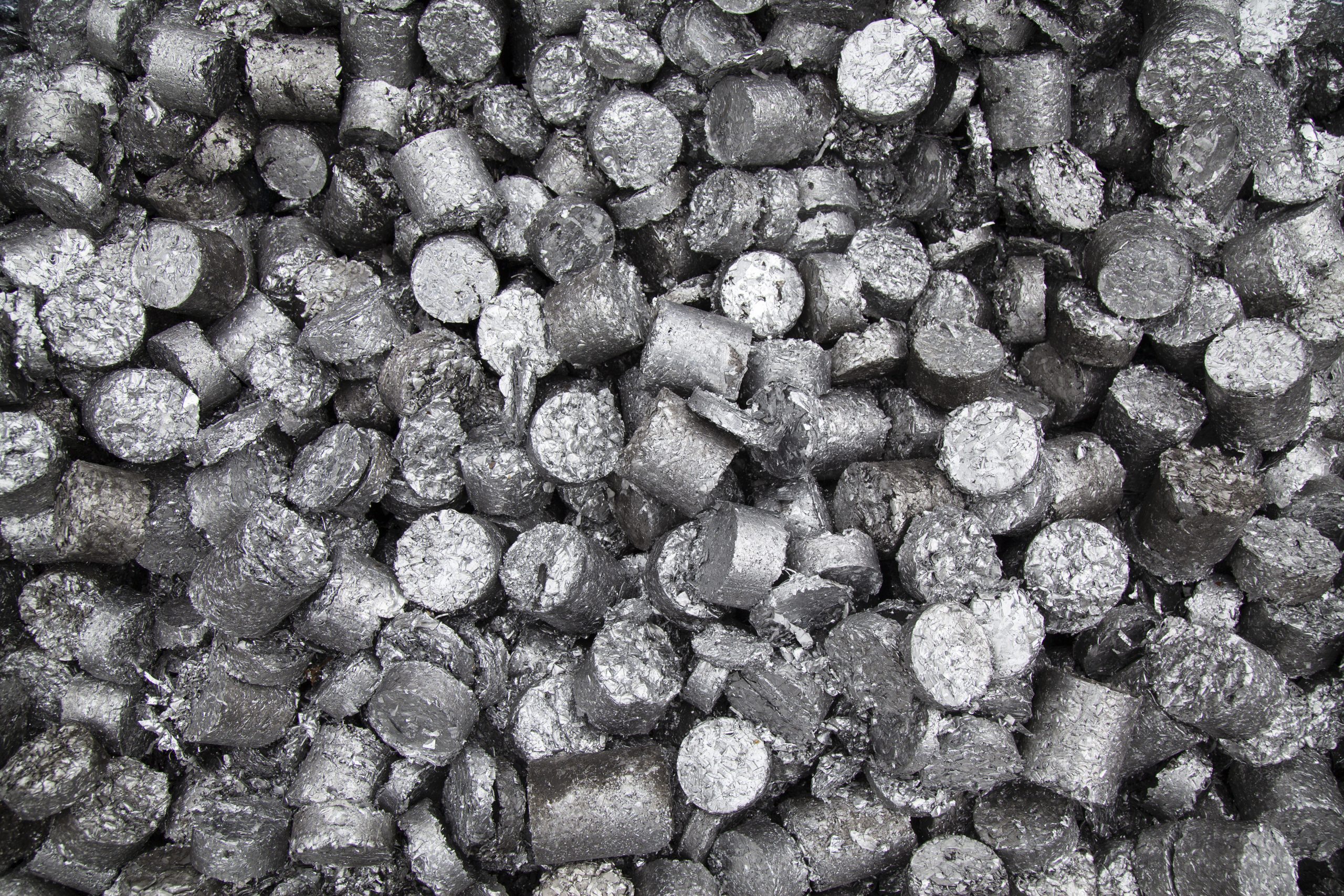
Aluminium is silvery white in colour. It is a light, flexible metal, and a good conductor of electricity. Despite its low density and light weight, it is a strong metal.
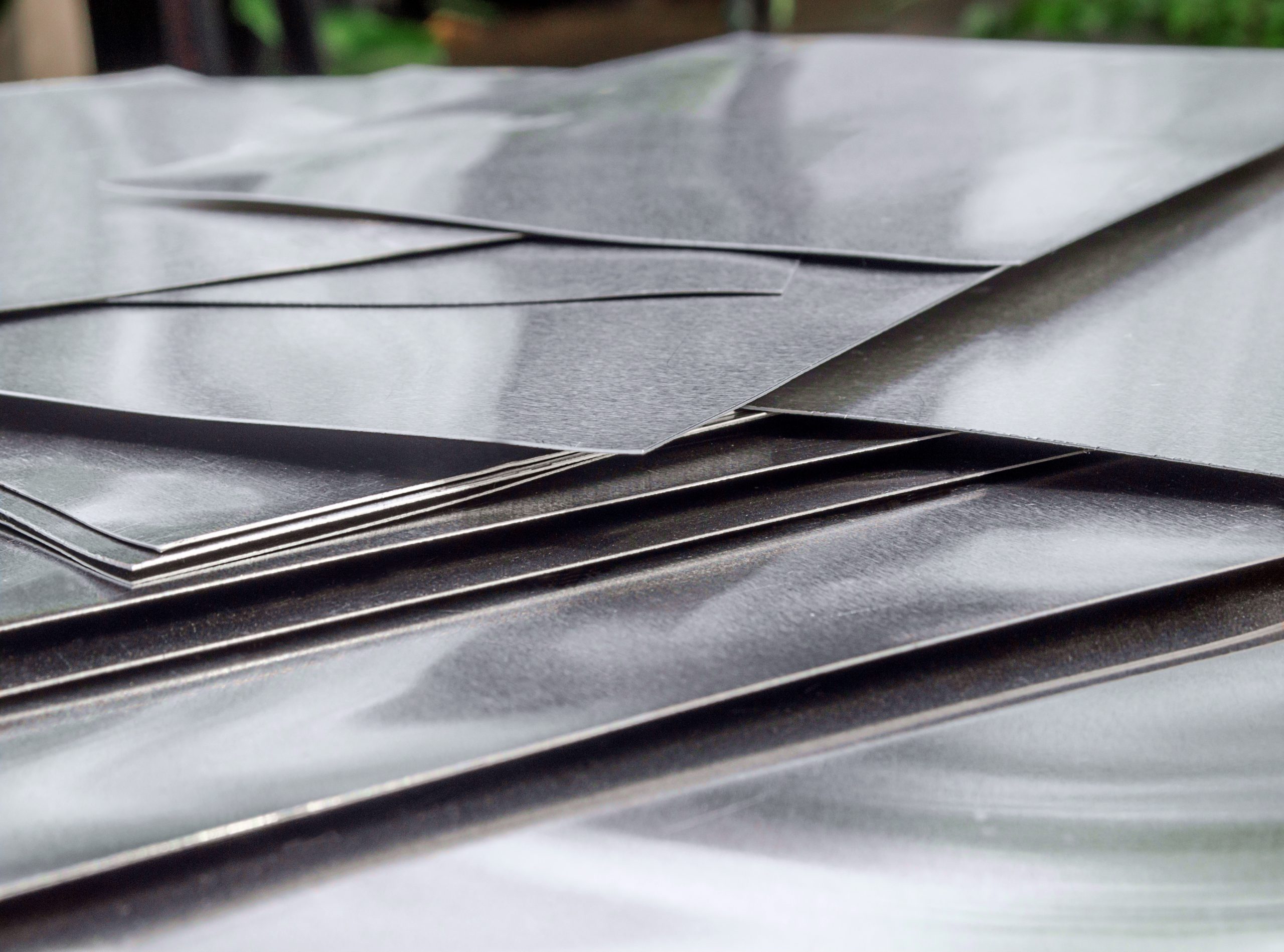
Zinc is a blue-white transition metal. It can be melted down quite easily. An important application of zinc is protection against rust and corrosion.
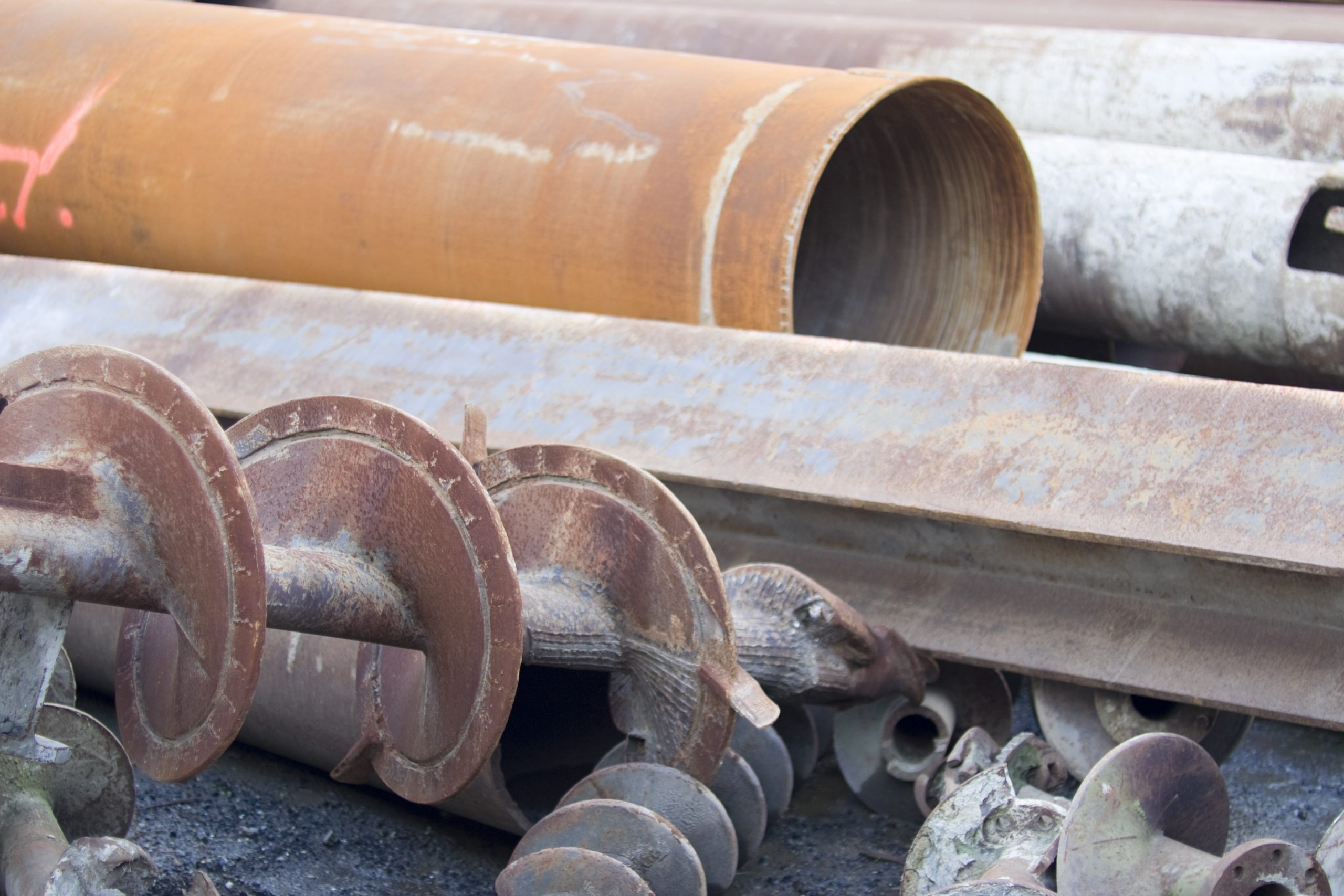
The ‘other metals’ category includes non-ferrous metals: lead, chromium (turnings and steel), tin and titanium.
We responsibly handle electronic waste, recovering valuable materials while ensuring safe disposal of hazardous components.
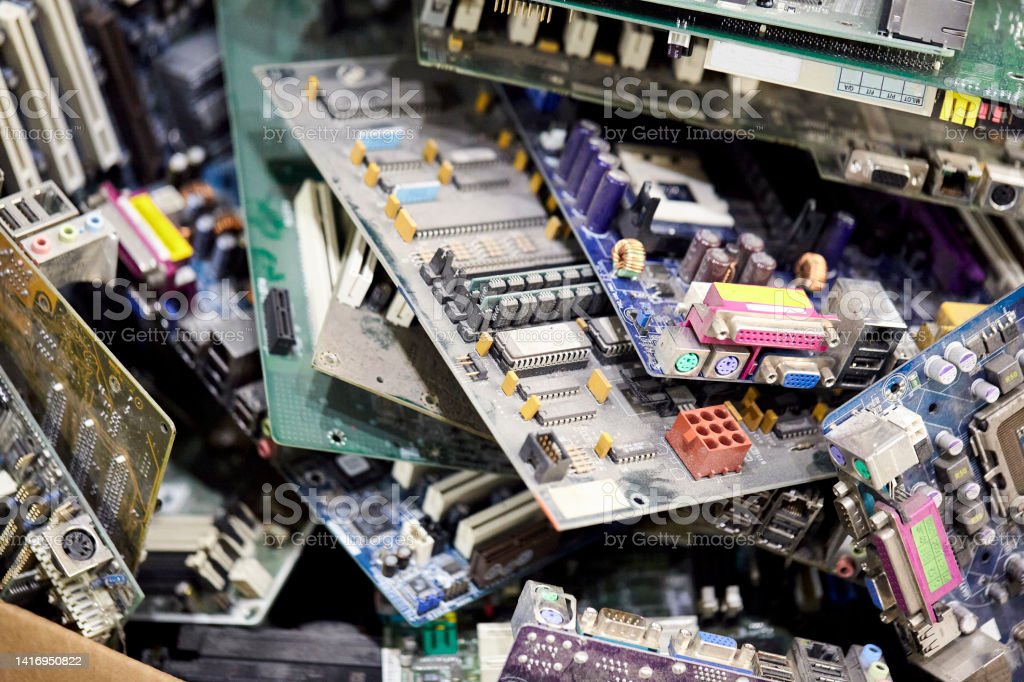
SHE (Small household electrical and ICT equipment) includes: microwave ovens, grills, extractor hoods, fryers, hobs, fans, separate heaters, central heating systems, boilers, water heaters, geysers and electrical hand tools.
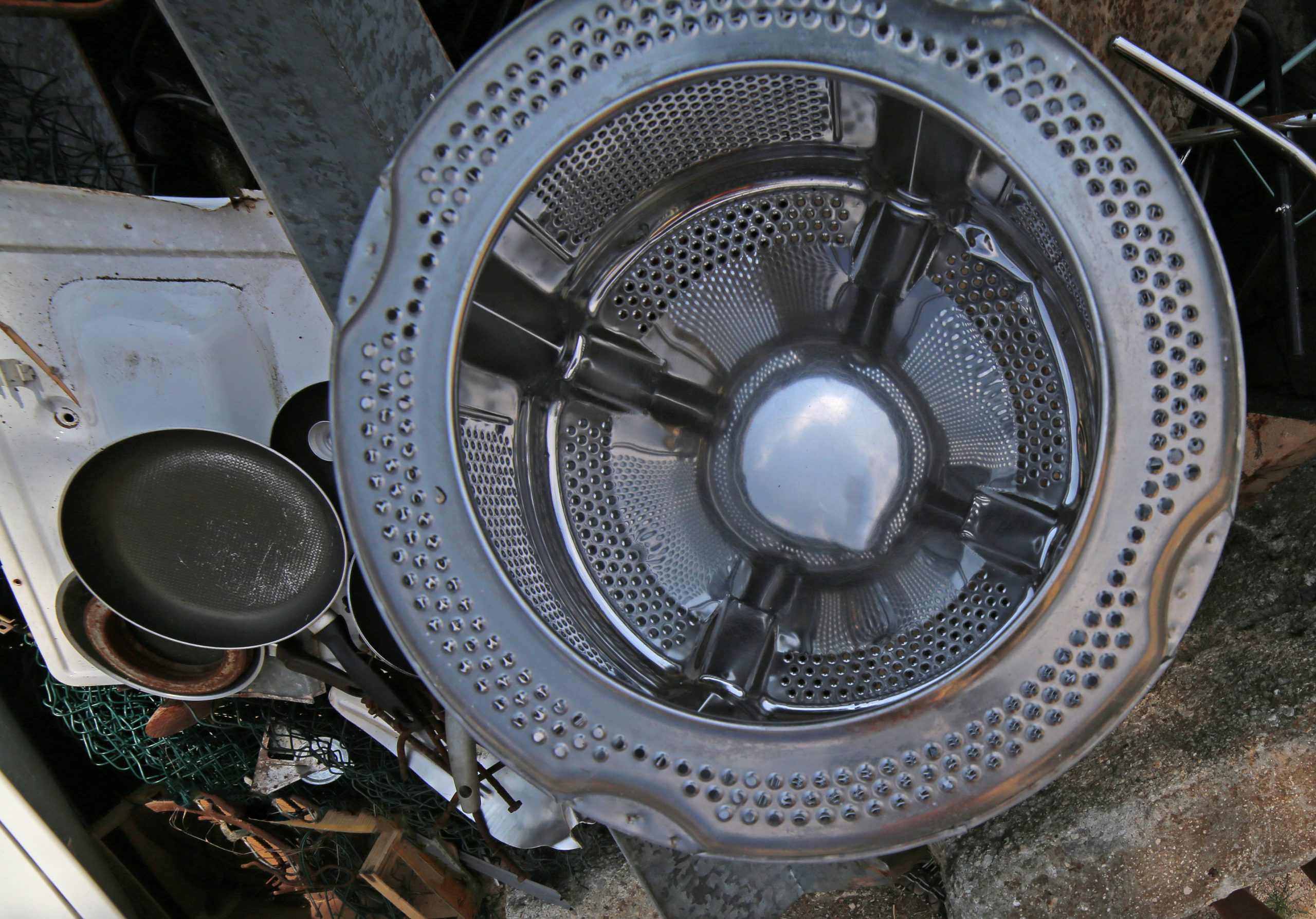
LWG (Large White Goods) includes washing machines, dryers, dishwashers, stoves, ovens and sunbeds.
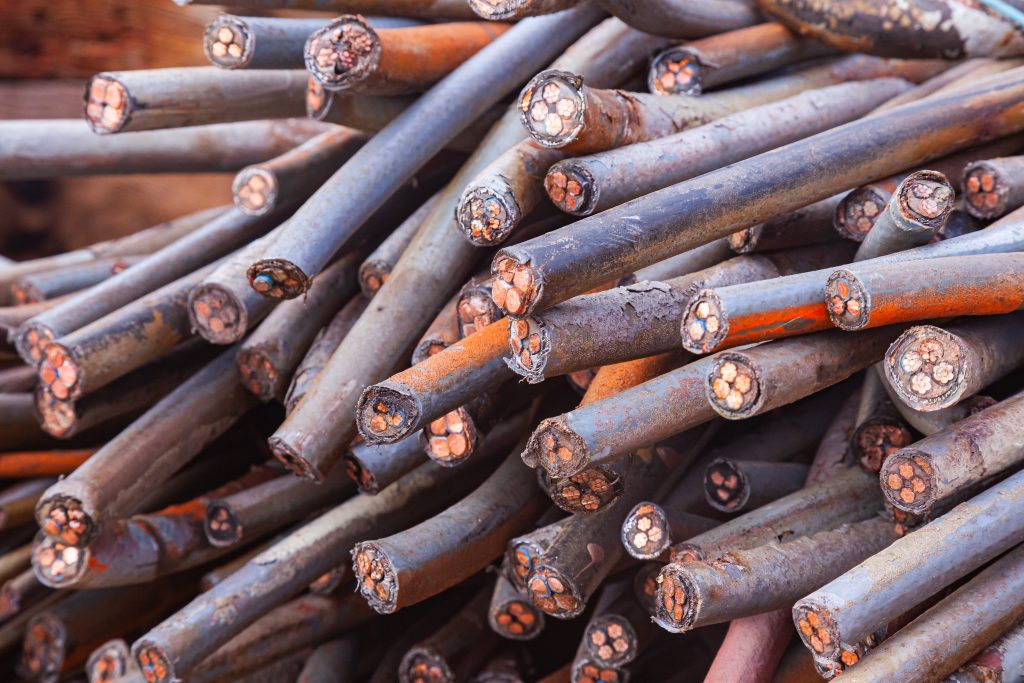
We recycle different types of cables into non-ferrous ones. Our Guidetti WIRE PRO cable recycling system is an advanced cable granulating machine and separator for separating copper and aluminium.
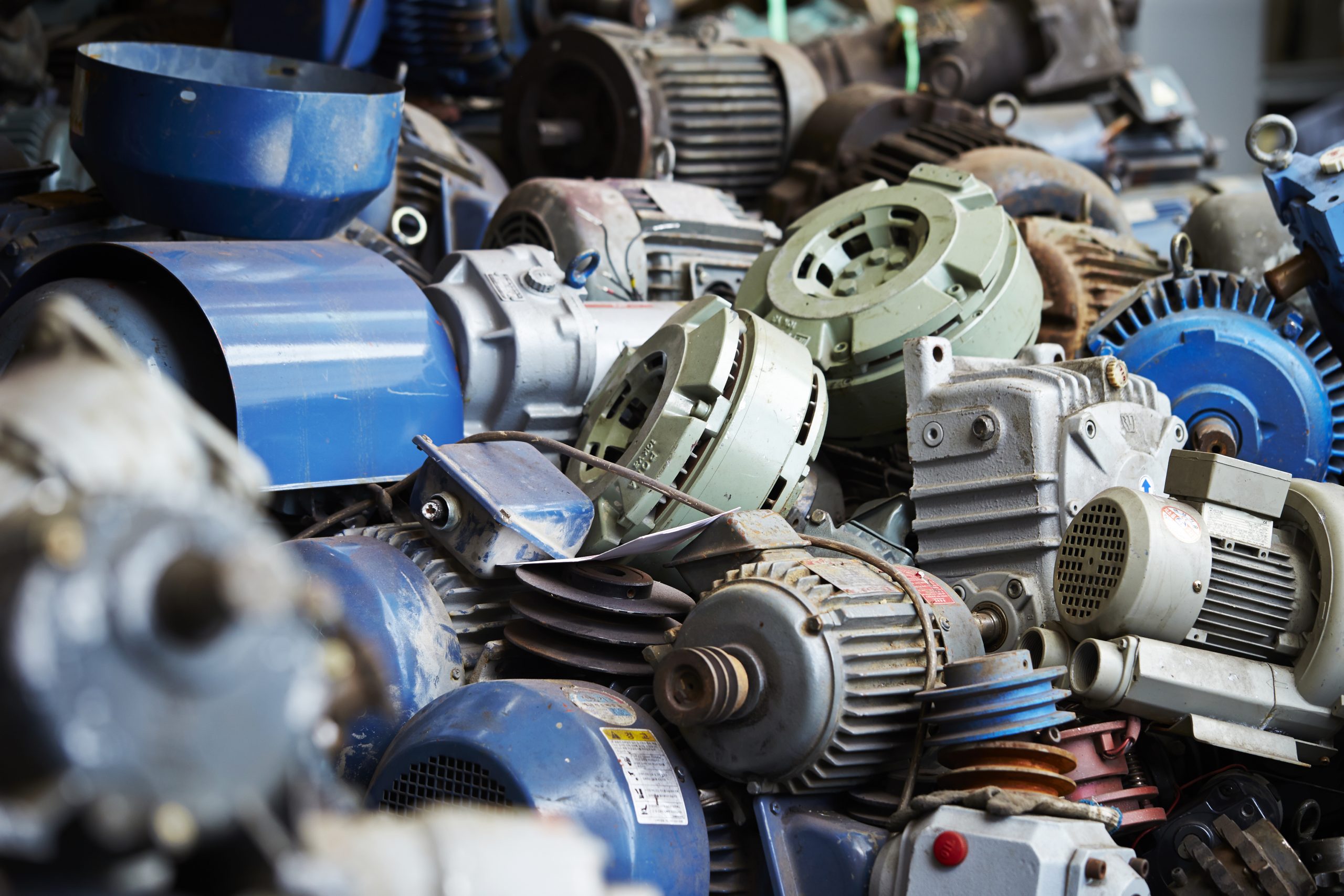
Motors are in all kinds of products. From cars to windmills to household appliances, all of these products require a motor for propulsion. Provided this is done in the right way, the parts of electric motors can easily be recycled. We are expert at successfully recycling these products. We specialise in block motors, electric motors (both below and above 700KG) and e-motors with delay.